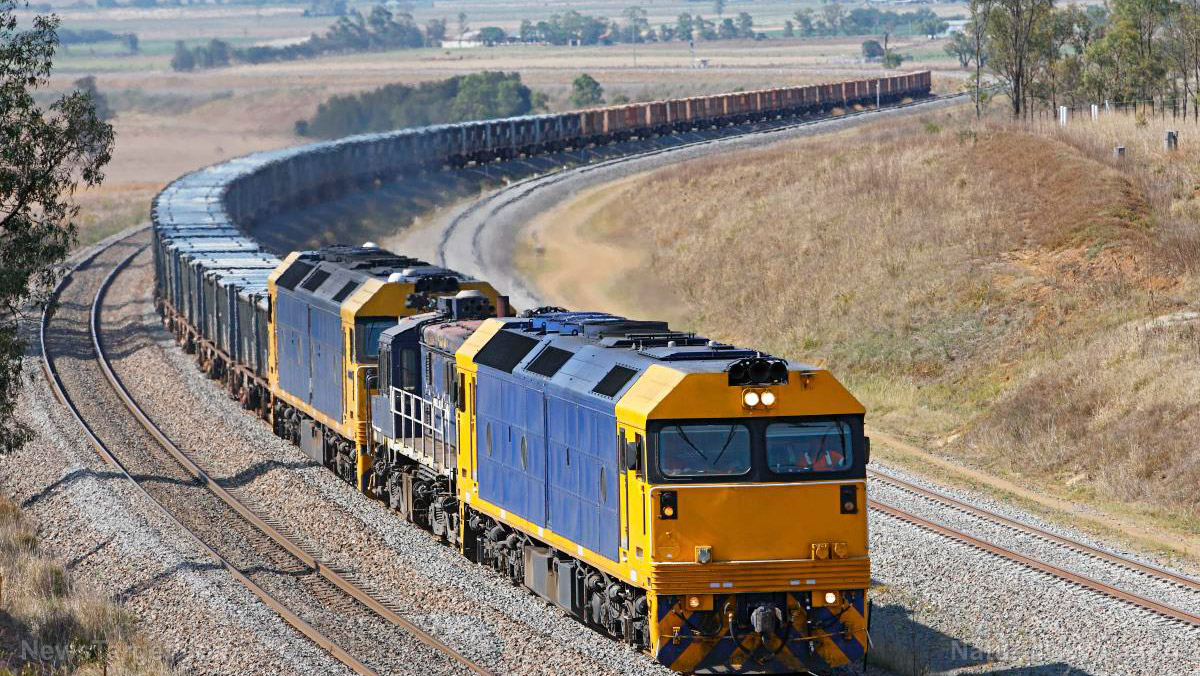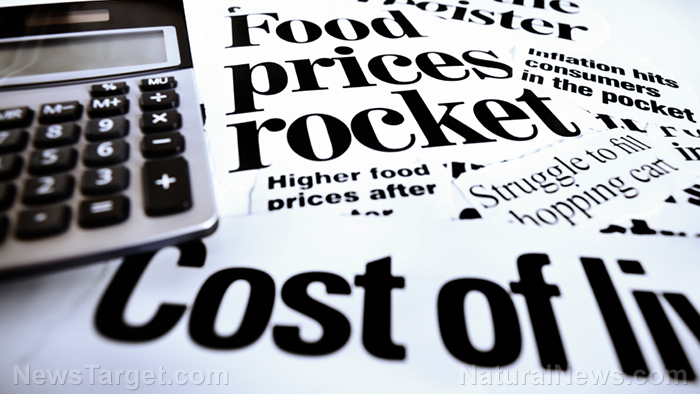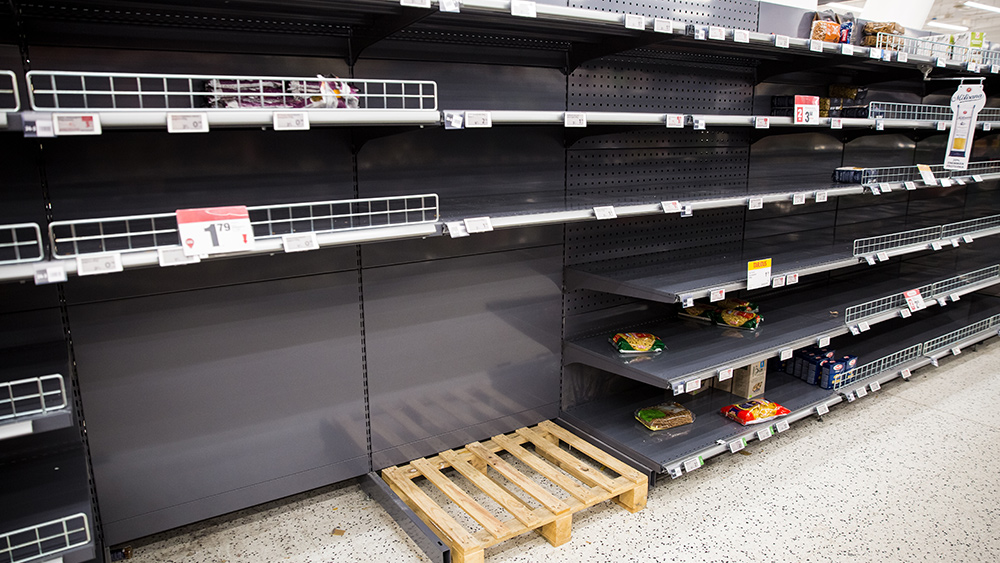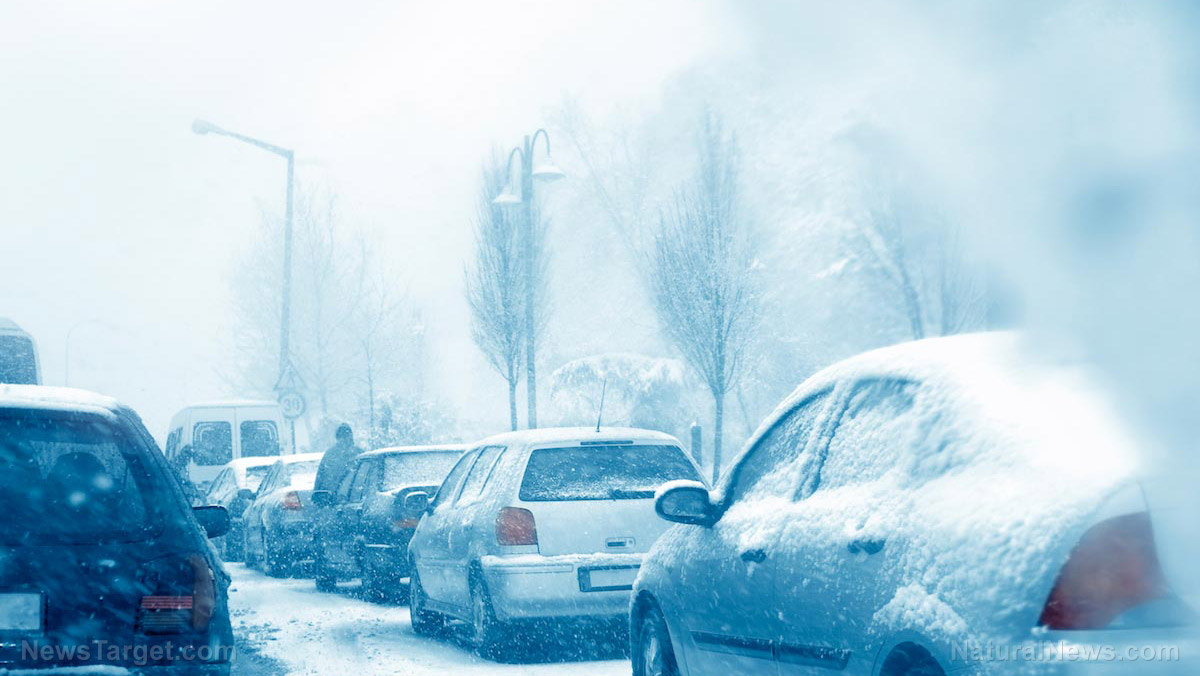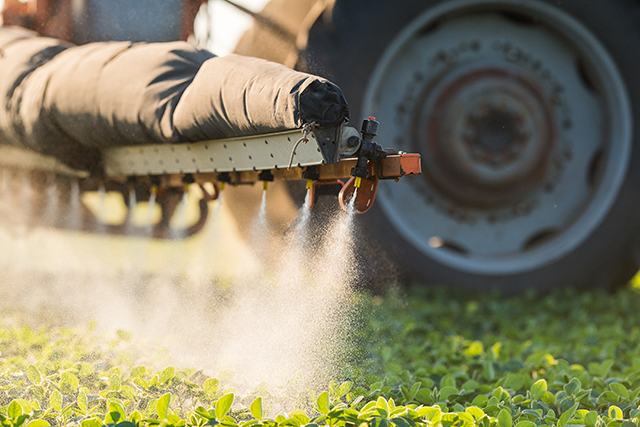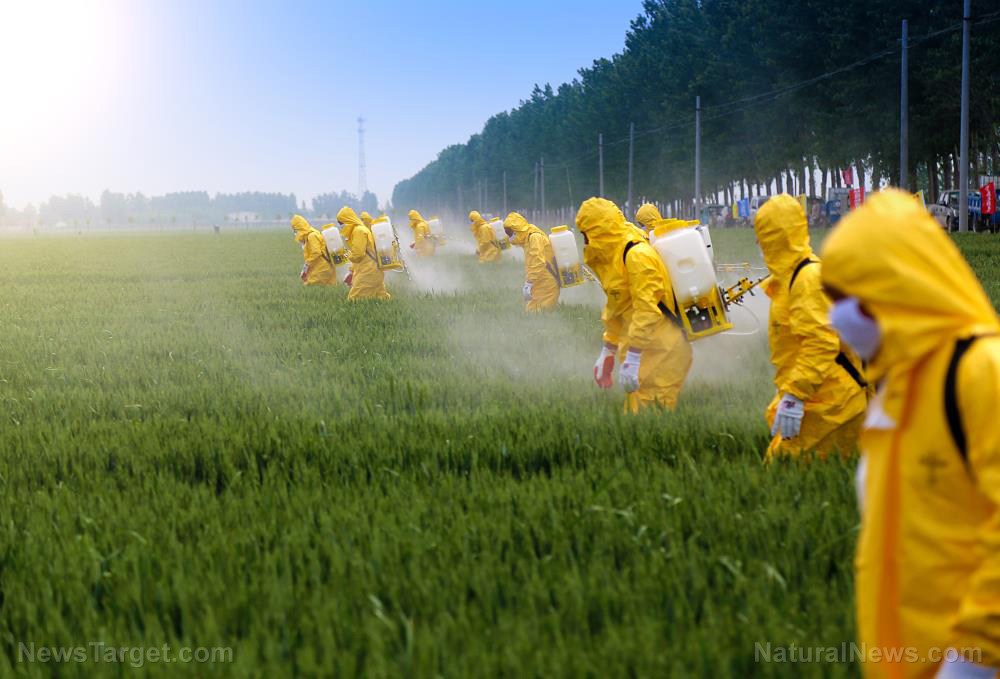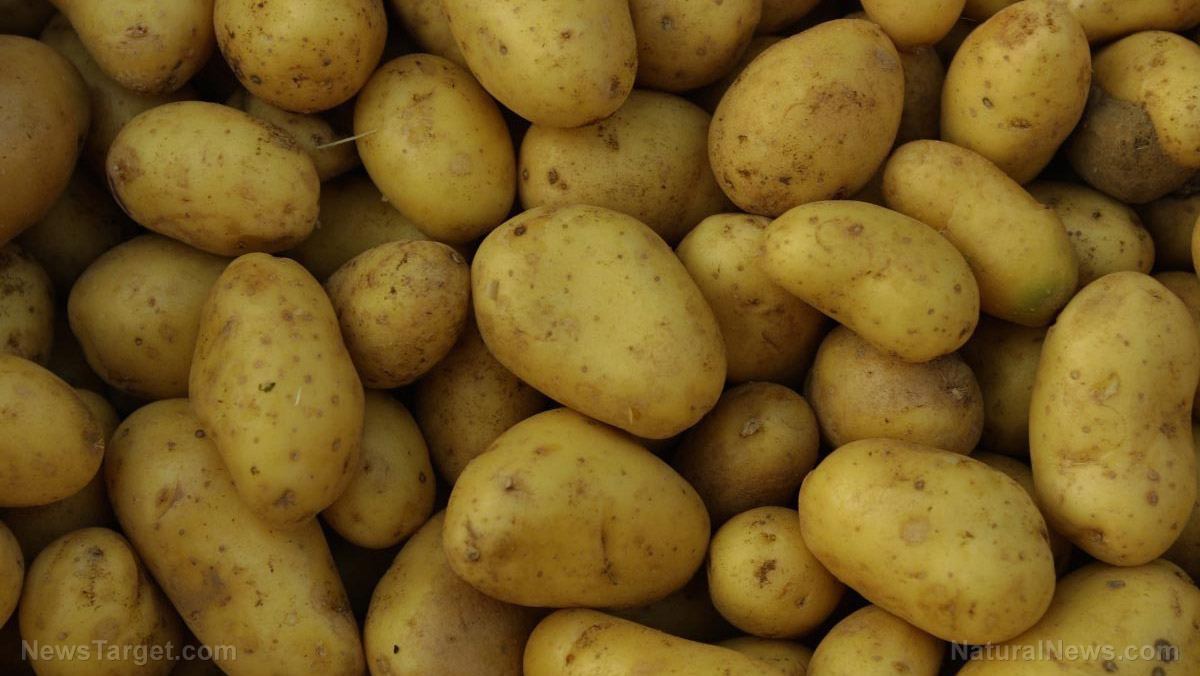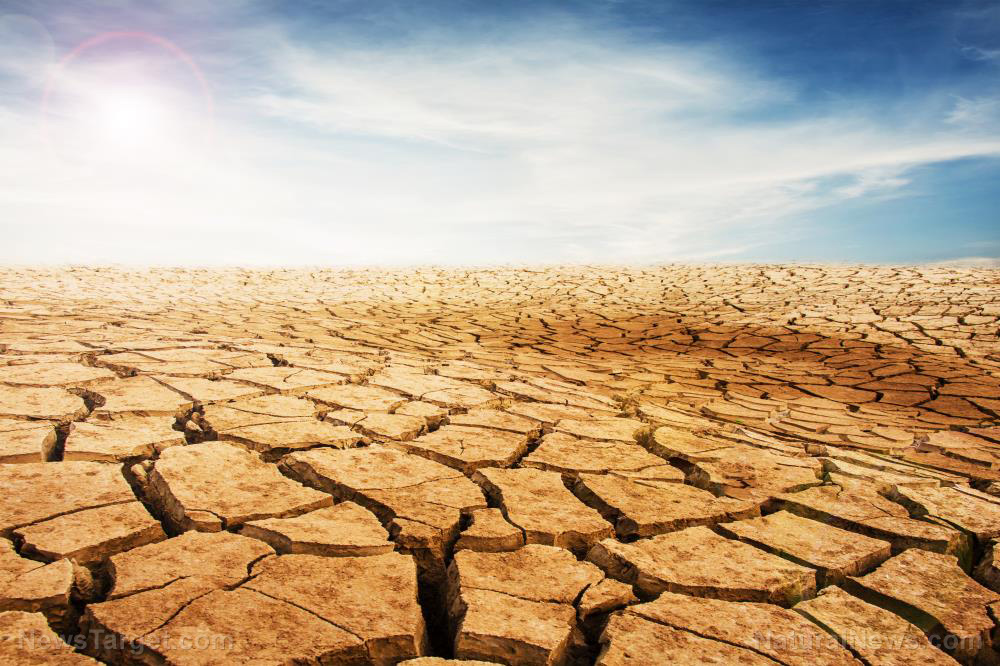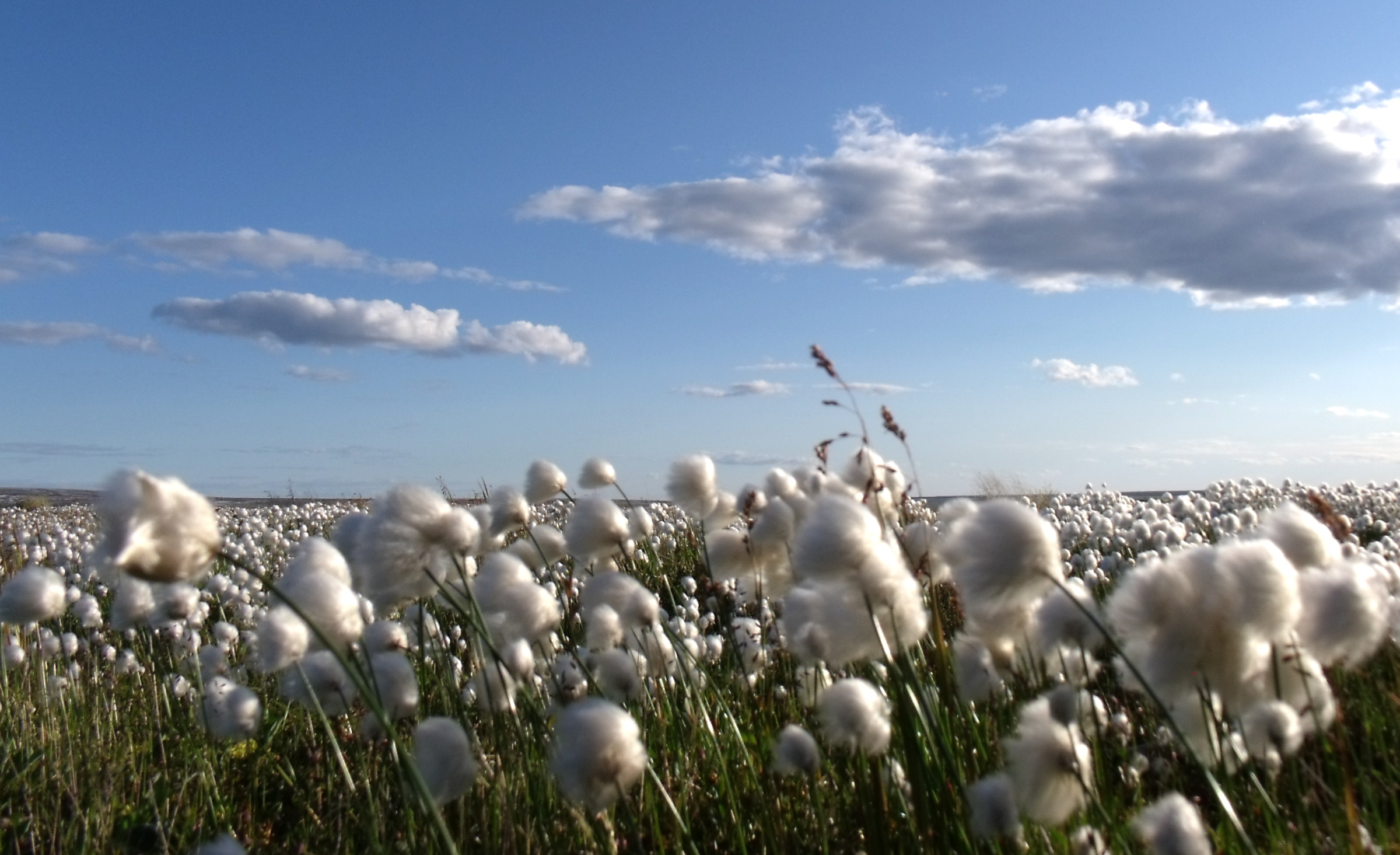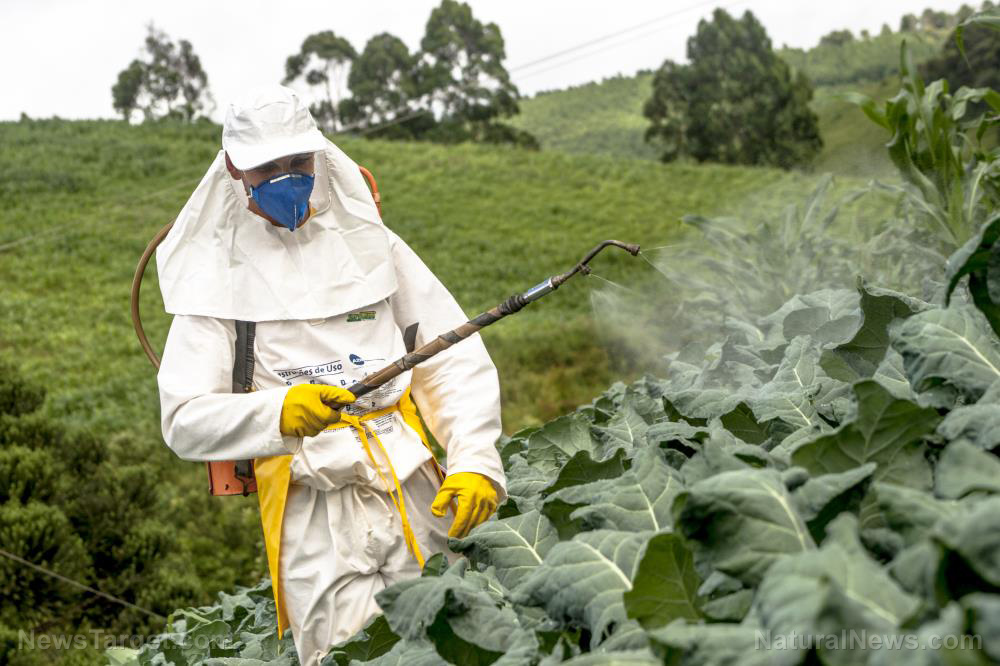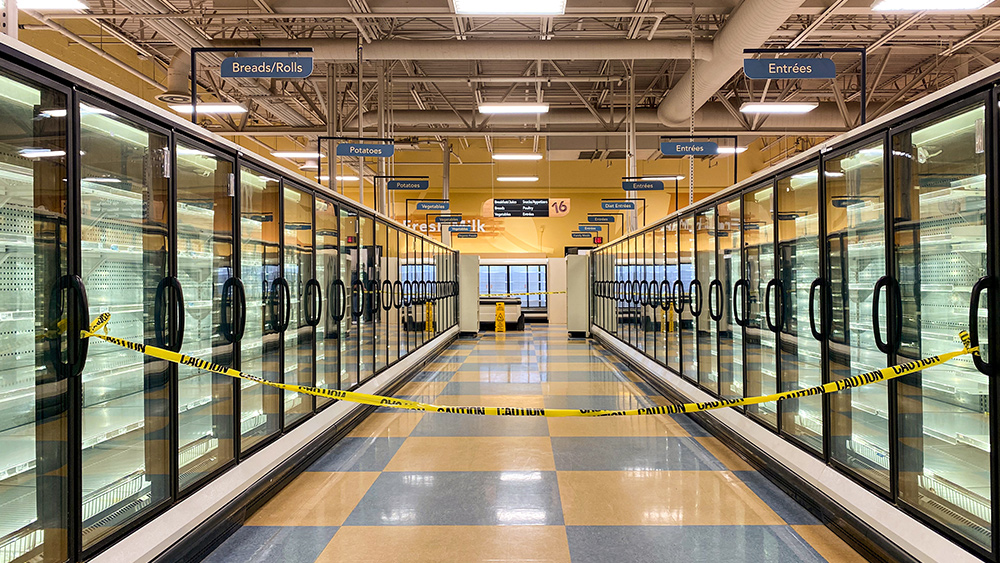China places additional restrictions on fertilizer exports to safeguard own fertilizer stocks as supplies dwindle
10/22/2021 / By Arsenio Toledo

The communist authorities controlling China have imposed new restrictions on exporting fertilizers. Such a move is expected to have a disastrous effect on the ongoing surge in the prices of fertilizers and food.
Fertilizer prices are being spurred on by ongoing energy crises in Europe, China and elsewhere. The cost increase comes just as global food prices hit a 10-year high. (Related: THE WORLD GOES HUNGRY: Fertilizer prices projected to reach near-record high in 2022.)
The General Administration of Customs implemented the new regulations on Oct. 15. The agency placed additional inspection requirements on 29 categories of fertilizer products, including urea and ammonium nitrate fertilizers.
China is one of the world’s largest producers of fertilizer. It leads the world in the production of nitrogen and phosphate fertilizer, and is the fourth-largest producer of potash fertilizer. It is also one of the world’s largest exporters of fertilizer, accounting for about 30 percent of global trade.
Most of China’s imports of fertilizer go to India, Pakistan and Southeast Asian countries. But that doesn’t mean the communist nation’s new regulations won’t affect fertilizer prices and supplies in other countries, including the United States. There are already signs that a fertilizer shortage is emerging.
In Brazil, farmers reported that many deliveries of fertilizer have been canceled. In France, the largest agricultural producer in the European Union, an official warned that the country will soon face difficulties sourcing fertilizer supplies.
These net importers will have to rely on other countries for some of their fertilizer orders, which will increase competition and lead to even higher prices of fertilizer. This could negatively impact American farmers, who are already dealing with a lot of problems related to the supply chain crisis. (Related: Parts shortage hitting farmers hard as supply chain crisis expected to persist well into 2022.)
New regulations meant to safeguard China’s own stocks of fertilizer
The National Development and Reform Commission (NDRC), China’s top economic planning agency, is taking steps to safeguard the country’s fertilizer supplies and stabilize prices. The added inspection requirements for fertilizer exports are just the tip of the iceberg.
NDRC spokeswoman Meng Wei said on Wednesday, Oct. 20, that the economic planning agency will ensure that the enterprises in China get adequate supplies of sulfur, natural gas, electricity and coal to produce chemical fertilizers.
She added that the NDRC will take steps to ensure “the release of relevant chemical fertilizer reserves.” The agency will also keep an eye on the domestic and foreign fertilizer markets and import and export trends.
This is not the first time that China has imposed new regulations on the country’s fertilizer production industry. Earlier this year, Chinese authorities launched investigations into the urea market, announced key fertilizer companies would temporarily suspend exports and said it would release potash fertilizer reserves to keep the supply and prices of fertilizers stable.
The order to place additional inspection requirements on fertilizer exports – considered by many analysts to be a de facto temporary ban on exporting any fertilizer – is just the latest move by the regulation-dependent communist country’s economic planning agency.
It is unclear how long China will maintain its restrictions on the export of fertilizer. If the situation does not change soon, it could cause shortages in Pakistan, India and much of Southeast Asia, which would inevitably lead to smaller harvests and food shortages.
Learn more about the effects of China’s new regulations on world food prices, supplies and future harvests at Harvest.news.
Sources include:
Submit a correction >>
Tagged Under:
Bubble, China, economic collapse, economy, fertilizer, fertilizer prices, food collapse, food inflation, food prices, food security, food shortage, food supply, harvest, inflation, market crash, starvation
This article may contain statements that reflect the opinion of the author
RECENT NEWS & ARTICLES
COPYRIGHT © 2017 HARVEST NEWS




